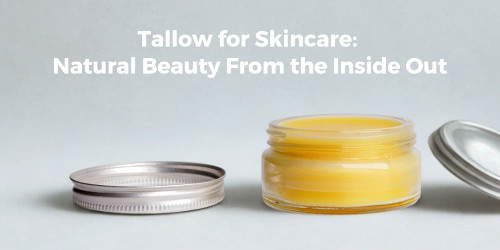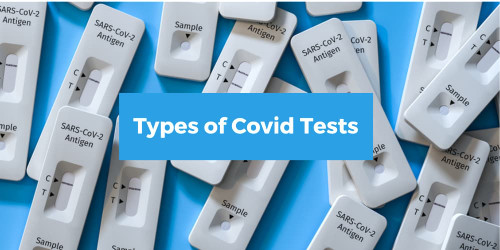Staying Safe With Hand Sanitiser
Hand sanitiser is becoming a staple product for all homes, businesses and offices. Used in the wrong situation, this product can potentially cause harm. The following questions are commonly asked and may affect your everyday life.
Is hand sanitiser flammable?
A: Yes. Alcohol-based hand sanitizers are classified as Class I Flammable Liquid substances, which mean they have a flash point of less than 100 degrees Fahrenheit - meaning that if the liquid is stored at room temperature, it could ignite if it comes in contact with a flame.
Sanitiser should be rubbed into the hands until they feel completely dry before continuing activities that may involve heat, sparks, static electricity, or open flames. Fast drying sanitisers are widely available in supply companies.

Is hand sanitiser bad for your skin?
A: No. But overusing hand sanitizers can irritate your skin – The alcohol content and other harsh bacteria-killing ingredients can cause skin sensitivity. You may get some itching or a burning sensation on your hands. Hand sanitizers can also dry out your upper skin layers, causing it to peel.
It’s recommended that you limit usage to your hands and not to other parts of your body. Using hand sanitisers with moisturisers can help prevent dryness and are suitable for sensitive skin.
Is hand sanitiser toxic?
A: No. But hand sanitiser products containing methanol and 1-propanol can be toxic to humans. Methanol or methyl alcohol, also known as wood alcohol, is used to make rocket fuel and antifreeze and; 1-Propanol or 1-propyl alcohol is used to make industrial solvents (a type of cleaner).
Exposure to these chemicals can result in nausea, vomiting, headache, blurred vision, permanent blindness, seizures, coma, permanent damage to the nervous system or death. If someone swallows hand sanitiser, immediately call the Poisons Information Centre on 131 126.
There are a variety of sanitisers available on the market, always check ingredients before purchasing. Medical marketplaces like MedCart can let you choose from wide range of hospital grade hand sanitisers made in Australia and can allow you to check the product’s certification and contact the seller for ingredients check.
Is hand sanitiser safe to eat?
A: No. Any antiseptic agent, including hand sanitizer is not safe to consume. The two main reasons it’s dangerous to drink hand sanitiser is because it contains high concentration of alcohol and may contain a poisonous type of alcohol or other toxic ingredients. Children who lick ethanol-based alcohol off their hands generally recover, but parents should consult Poison Control (131 126) - Available from anywhere in Australia - 24 hours a day, 7 days a week.
Does hand sanitiser burn your eyes?
A: Yes. Hand Sanitiser is greatly harsh on the eyes because it contains high concentration of alcohol, typically in the form of ethanol, which can kill certain cells in the cornea which results to stinging, burning or redness in the eye. If hand sanitizer does get in someone’s eye, especially children who are most susceptible, avoid rubbing it and immediately wash out the affected eye for at least ten minutes with warm water.
If you continue to feel burning or stinging, or experience any vision changes or vision loss, contact your eye doctor immediately, as this is considered an eye emergency and must be treated promptly.

Is hand sanitizer harmful to pets?
A: Yes. Hand sanitizer contains dangerously high levels of ethanol alcohol and can cause alcohol poisoning if ingested in large amount by your pet. Breathing difficulties, seizures, and even death can occur if your pet consumes this product.
If your dog or cat licks your hands after you have used hand sanitiser, this is not cause for concern as they won’t have ingested nearly enough to cause side effects. There is also no need to worry about stroking your pet after using hand sanitiser, as even if they groom themselves immediately after it won't harm them. In either of these cases there would only be a trace amount of hand sanitiser on your hands, which does not pose any risks to our pets.
If you believe your pet is suffering from poisoning, contact your local vet immediately or your closest Animal Emergency Service hospital.
















